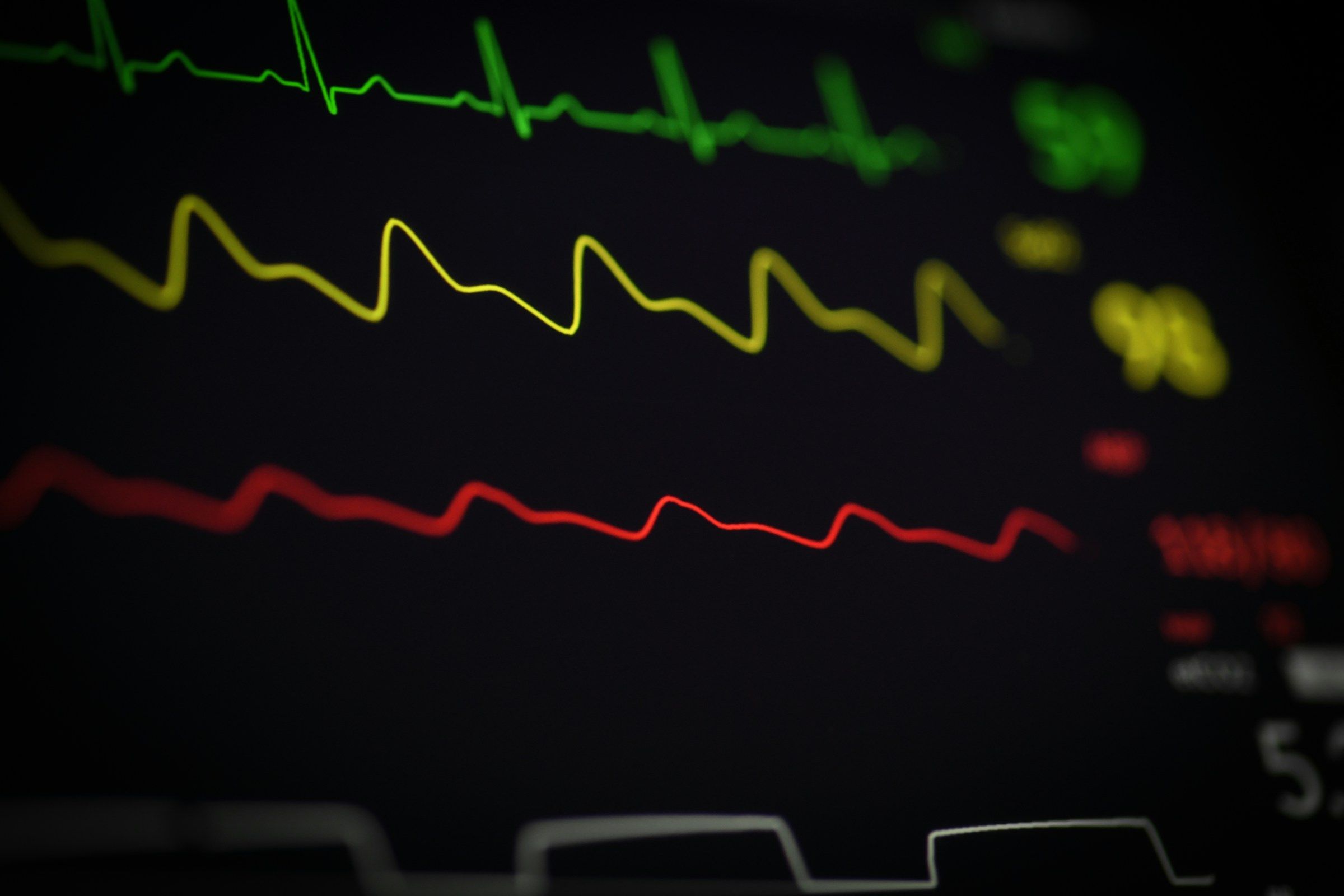Heart Attack vs. Cardiac Arrest: Are They the Same?

Every year, millions of people experience heart-related emergencies, yet many remain unclear about the differences between a heart attack and cardiac arrest. These two conditions, while often confused, have different causes and symptoms that require specific responses.
Let’s break down what you need to know about heart attacks and cardiac arrests to better prepare yourself for any situation.
What is a heart attack?
Imagine your heart as a hardworking factory, pumping blood throughout your body to keep everything running smoothly. Now, picture a blockage in the factory’s main supply line—this is what happens during a heart attack.
A heart attack occurs when blood flow to a part of the heart is blocked. This blockage usually occurs because of a blood clot or a buildup of fat and cholesterol in the arteries, known as plaque. As a result, the heart muscle doesn’t get enough oxygen-rich blood, which causes damage.
What are the symptoms of a heart attack?
Common signs of heart attack include:
- Chest discomfort or pain (often described as pressure, squeezing, fullness, or pain)
- Discomfort in other upper body areas (arms, back, neck, jaw, or stomach)
- Shortness of breath
- Cold sweats
- Nausea
- Lightheadedness
It’s important to obtain medical help right away if you or someone else has these symptoms.
What are the causes of heart attack?
Heart attacks can occur for several reasons, including:
- Coronary artery disease in which fat deposits build up in the arteries
- High blood pressure
- Unhealthy lifestyle habits such as physical inactivity, poor diet, and smoking
For a heart attack, get immediate help and keep the person calm. Offering aspirin can also be beneficial.
What is a cardiac arrest?
Now, let’s talk about cardiac arrest. If a heart attack is like a factory malfunctioning, cardiac arrest is when the factory suddenly shuts down entirely.
During cardiac arrest, your heart stops beating suddenly. This means blood is no longer pumping to the brain and other vital organs. It can result from electrical disruptions in the heart or from having serious heart disease.
What are the symptoms of a cardiac arrest?
The signs of cardiac arrest are sudden and alarming. Key indicators include:
- Sudden collapse
- No pulse
- Loss of consciousness
- No breathing or only gasping
Unlike a heart attack, which can sometimes develop slowly, cardiac arrest occurs suddenly and requires immediate action.
What are the causes of cardiac arrest?
Cardiac arrest can happen for several reasons, including:
- An abnormal heart rhythm (arrhythmia)
- Severe heart attack
- Drowning or choking
- Drug overdose
In the case of cardiac arrest, immediate action is crucial. Call for help, start cardiopulmonary resuscitation (CPR) right away, and use an Automated External Defibrillator (AED) if you have access to one.
Key differences between sudden cardiac arrest vs heart attack
Here’s a table to give you a quick overview of how cardiac arrest and heart attack differ from each other:
| Feature | Heart attack | Cardiac arrest |
|---|---|---|
| Definition | Blockage in blood flow to the heart | Heart stops beating |
| Symptoms | Chest pain, shortness of breath | Sudden collapse, no pulse |
| Causes | Blocked arteries | Arrhythmia, severe heart attack |
| Response | Call emergency services; get to the hospital | Call emergency services; start CPR |
How to prevent heart attacks?
Although cardiac arrest is sudden, you can take steps to prevent heart attacks:
- Eat a healthy diet with vegetables, fruits, lean proteins, and whole grains.
- Manage stress through yoga, meditation, or deep breathing.
- Monitor your blood pressure and cholesterol regularly.
- Stay active with regular exercise.
- Avoid smoking and limit alcohol.
Bottom line
Heart health is no joke. Therefore, understanding the differences between heart attacks and cardiac arrests is important. Being able to identify the symptoms can help in an emergency situation. If you or a loved one is considering treatment options for heart health, Quality Care Group (QCG) can help. We connect people with top healthcare providers worldwide, ensuring you receive the care you need.

